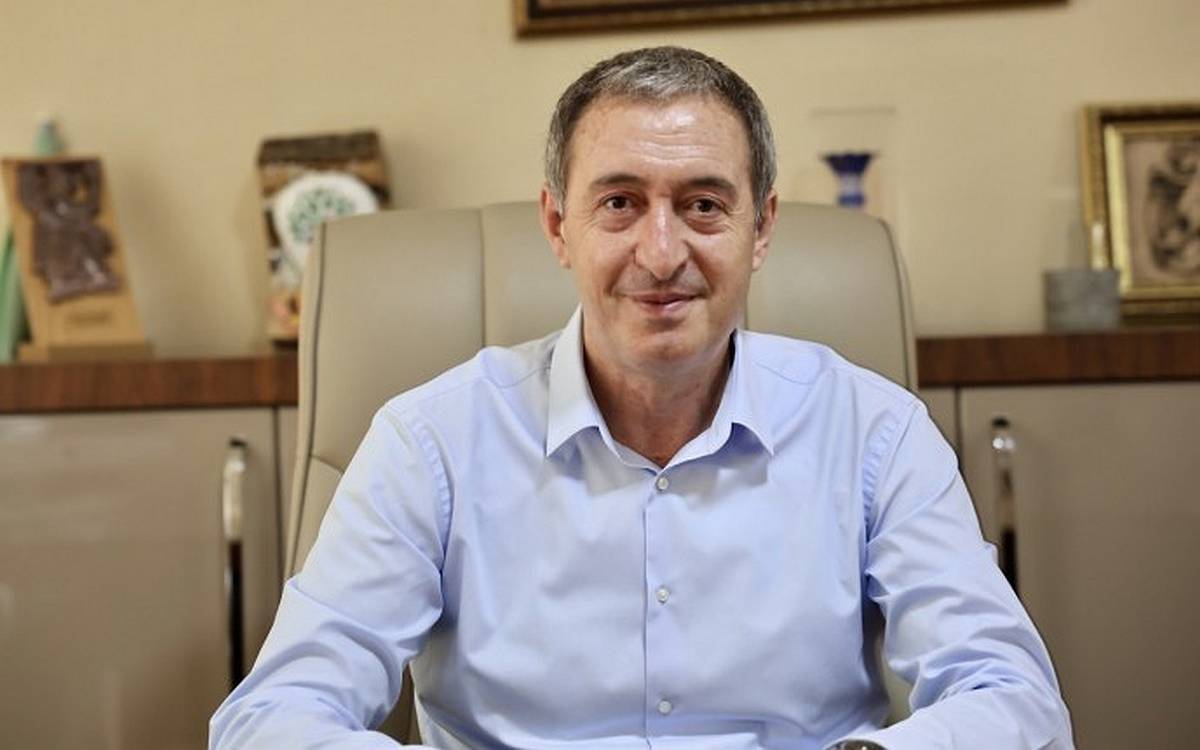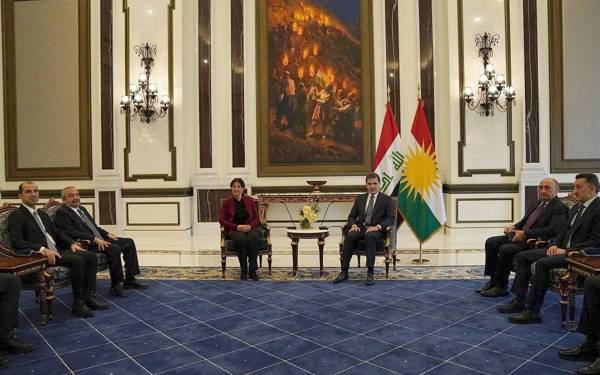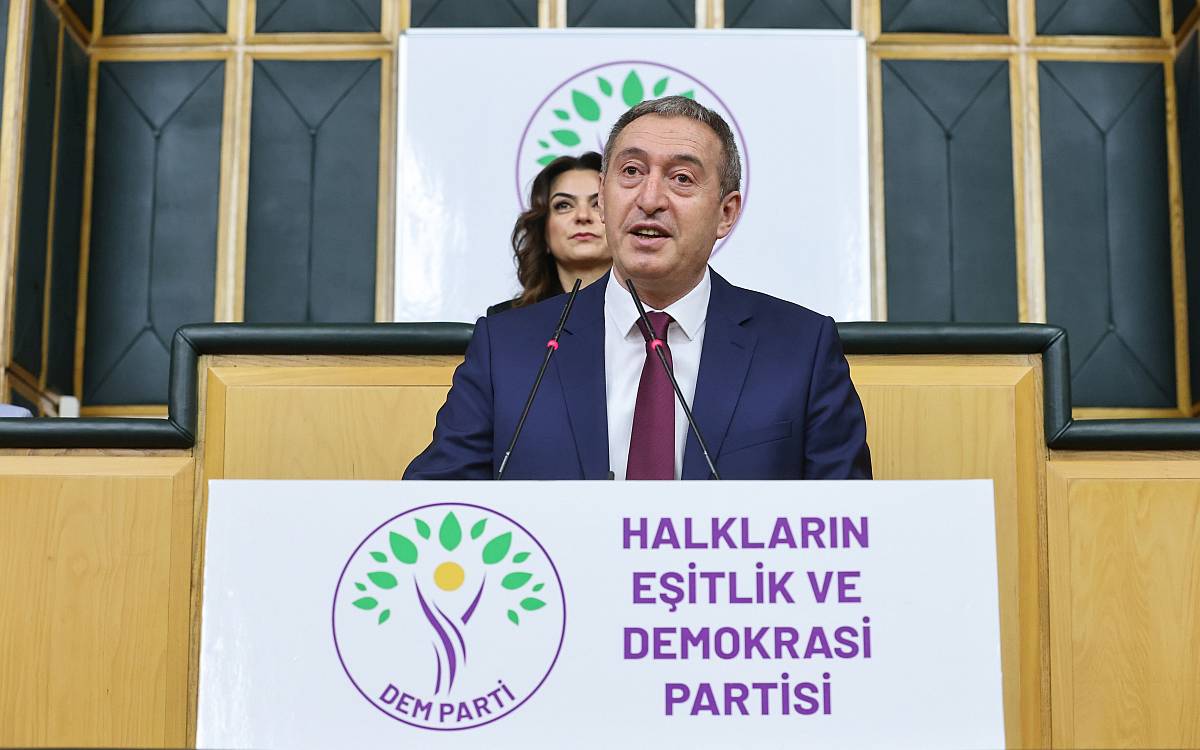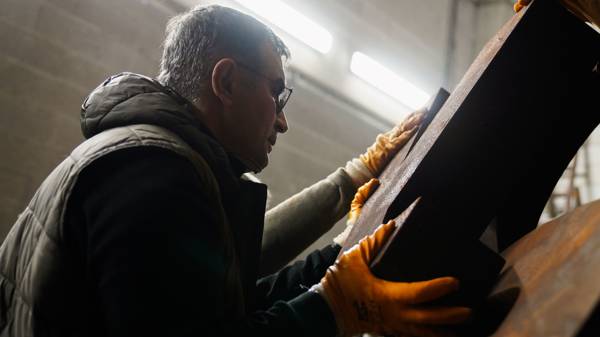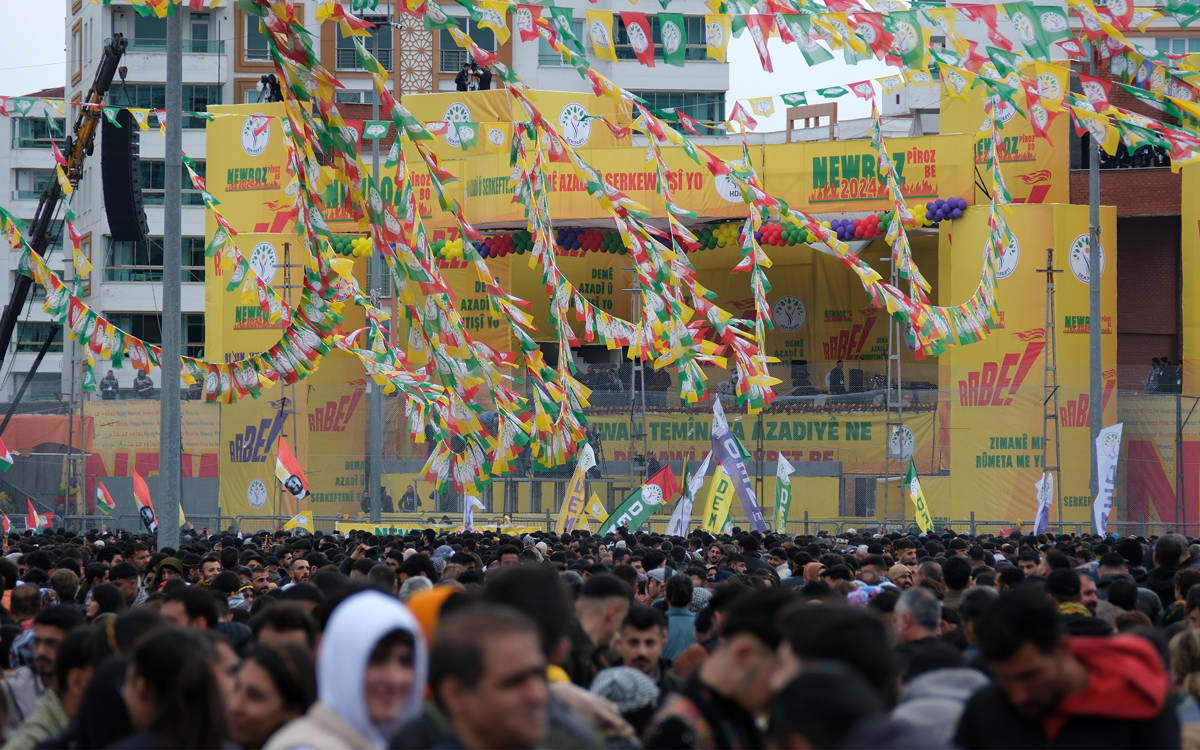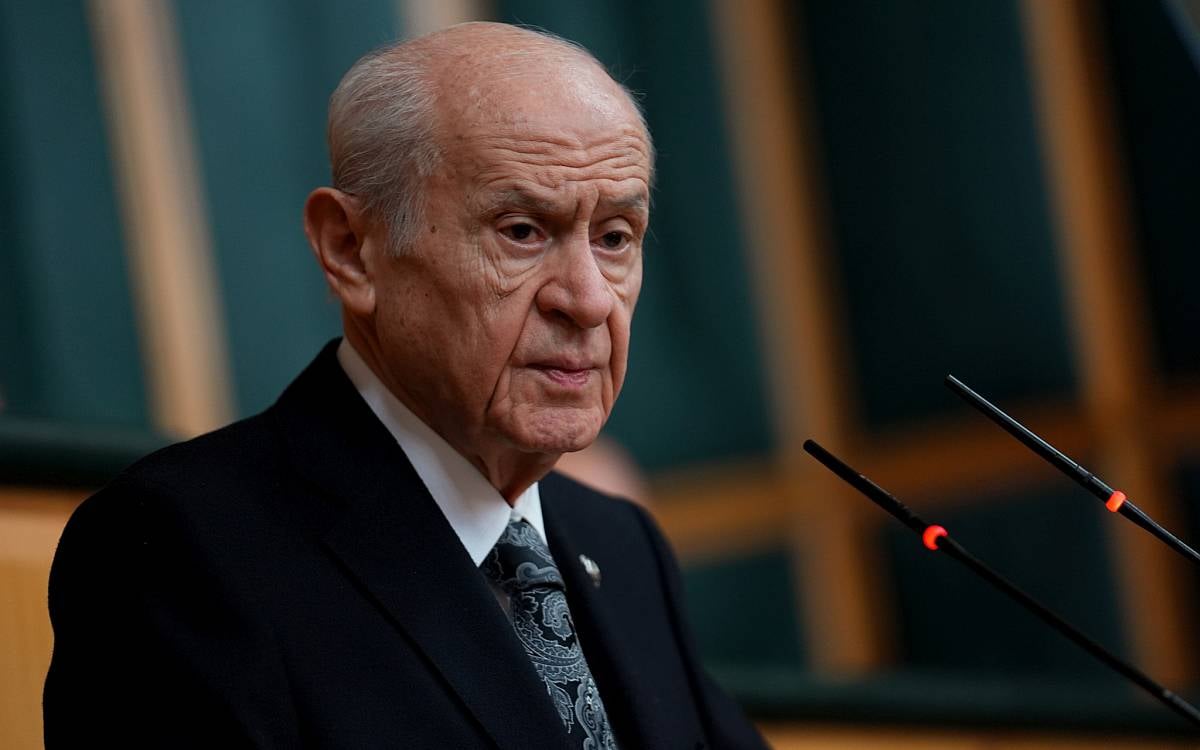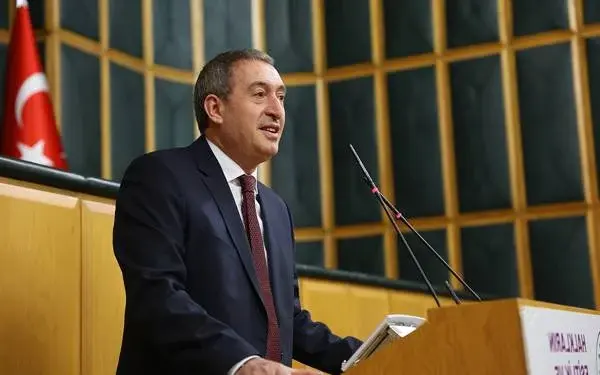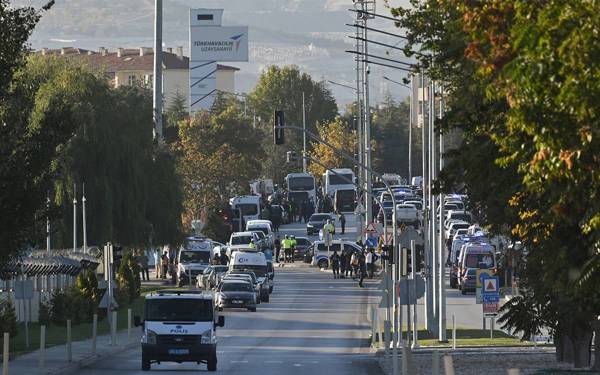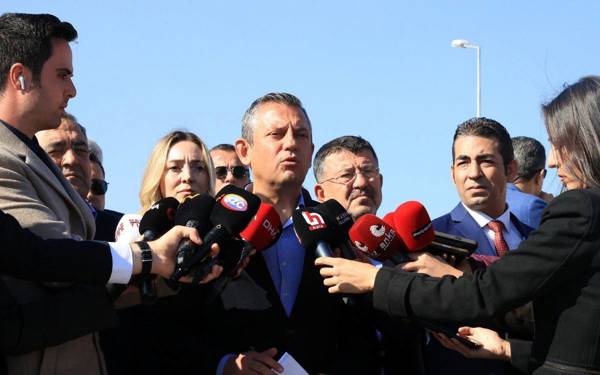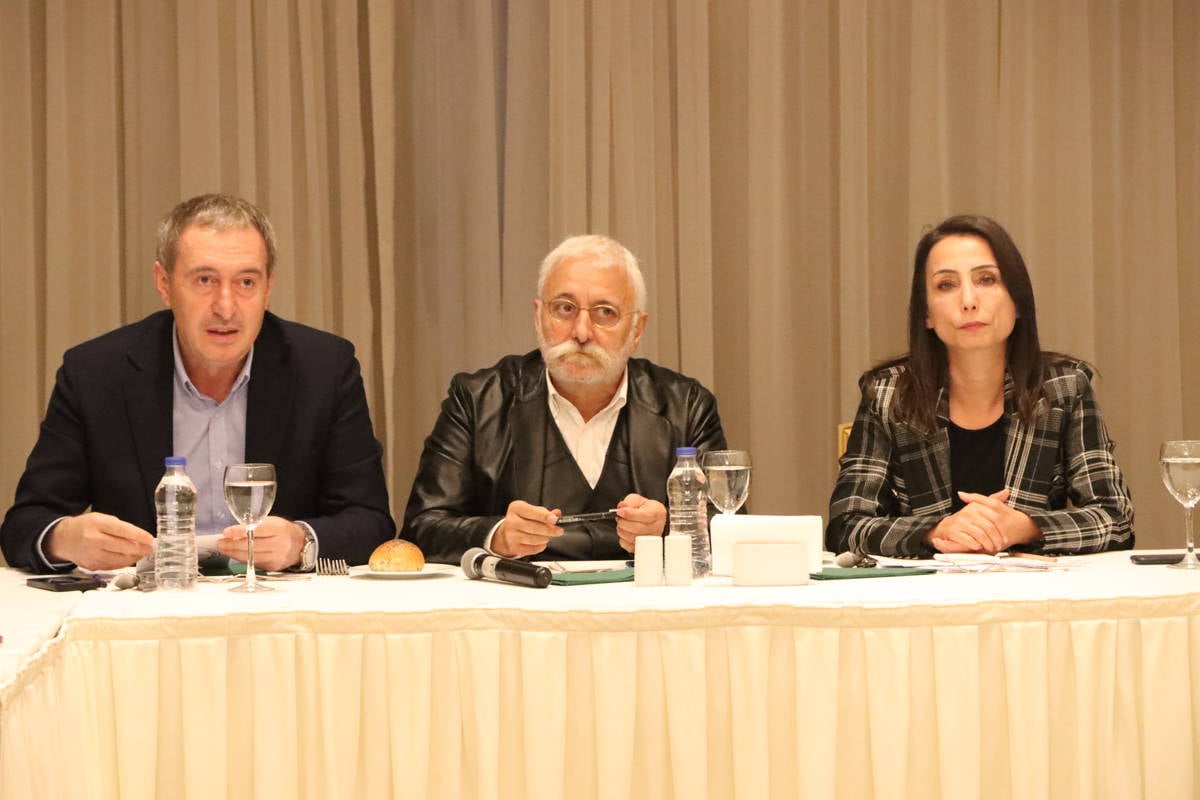Tuncer Bakırhan, co-chair of the pro-Kurdish Peoples' Equality and Democracy (DEM) Party, has reflected on the ruling bloc’s recent steps regarding the Kurdish issue, especially Nationalist Movement Party (MHP) leader Devlet Bahçeli’s call for the Kurdistan Workers’ Party (PKK) leader Abdullah Öcalan to declare the dissolution of the group in parliament.
In an interview with the pro-Kurdish Mezopotamya Agency (MA), Bakırhan said this move showed Bahçeli’s acknowledgment of Öcalan’s potential role in addressing the Kurdish question, which he described as a significant shift, but said the ruling bloc lacked a tangible plan.
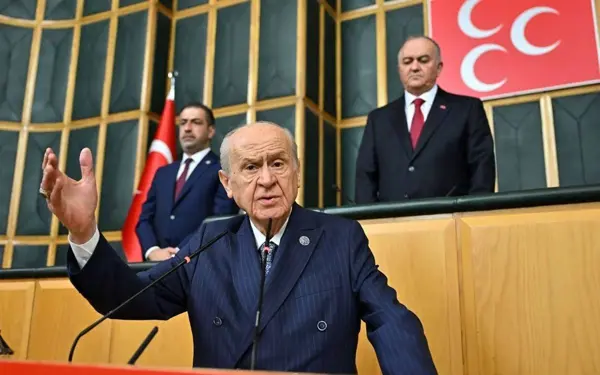
MHP's Bahçeli reiterates call for Öcalan to declare dissolution of PKK in parliament
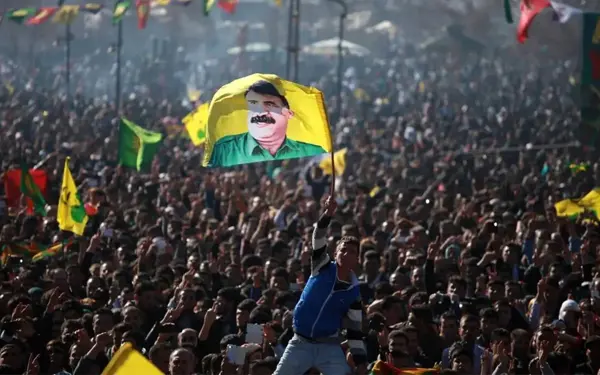
PKK leaders respond to Bahçeli’s call for Öcalan to speak in parliament
“The Kurdish issue has remained unresolved for a century, impacting various aspects of the country’s trajectory,” Bakırhan said. “It’s no surprise that this reality has even been recognized by a politician like Bahçeli, who represents an opposing viewpoint.”
Bakırhan noted that Bahçeli’s remarks were a departure from the past, as he identified Öcalan, the imprisoned leader of the Kurdistan Workers’ Party (PKK), as an actor in resolving the issue.
“Bahçeli correctly pointed out Öcalan’s authority on the matter, acknowledging his capacity to contribute to a solution,” Bakırhan said. “He said, ‘Open the doors and let him speak.’ However, despite these important observations, neither Bahçeli nor President Erdoğan has presented a program or policy for resolving the Kurdish issue.”
Bakırhan called for concrete actions to demonstrate the government’s intentions, starting with the lifting of Öcalan’s isolation in İmralı Prison. “The public is eager to hear what comes from İmralı. Unilateral discussions or imposing directives will not solve the problem. Dialogue must involve all parties, including Turkish civil society, to build a strong foundation for peace.”
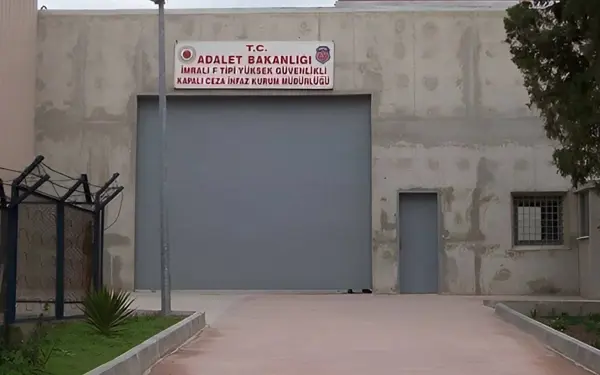
PKK leader Öcalan allowed family visit for first time in over four years
He cautioned against insincerity, warning that if the state approaches the issue as a ploy, it would repeat the failures of past efforts. “We are at the very beginning of these discussions. For a century, the approaches taken have only deepened the impasse. If there is even the smallest ray of hope, we, as DEM, will work to amplify and organize it.”
However, while the ruling bloc ignited a debate about a possible new process on the one hand, it continued to take over pro-Kurdish municipalities on the other, with the appointment of trustees in early this month. Bakırhan described the recent seizure of pro-Kurdish municipalities by the government as “a policy of politically, socially, economically, and culturally usurping the will of a people.”
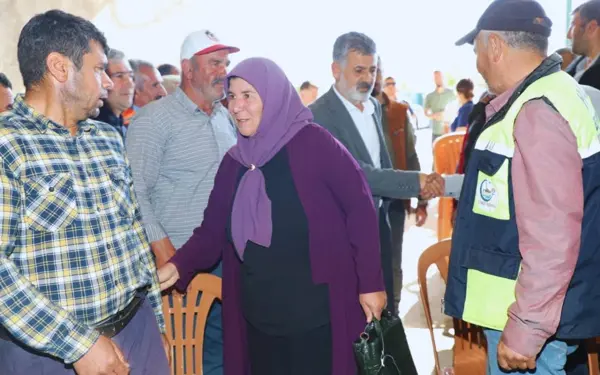
‘You can’t discuss peace while appointing trustees,” says dismissed Kurdish mayor
'Northern Syria is not a threat'
Bakırhan also addressed Turkey’s stance on Northern and Eastern Syria, home to a Kurdish-led administration, criticizing the government’s view of the region as a threat.
“Rojava is not a threat,” he said, using the Kurdish name for the region. “How can you call for Kurdish unity within Turkey while treating Kurds across the border as enemies? You can’t have internal peace while waging war abroad. Peace at home requires peace beyond the border.”
Bakırhan warned that any military action against Northern Syria would undermine recent domestic peace discussions. “A kinship with Rojava strengthens us; hostility weakens us,” he added. (VK)





